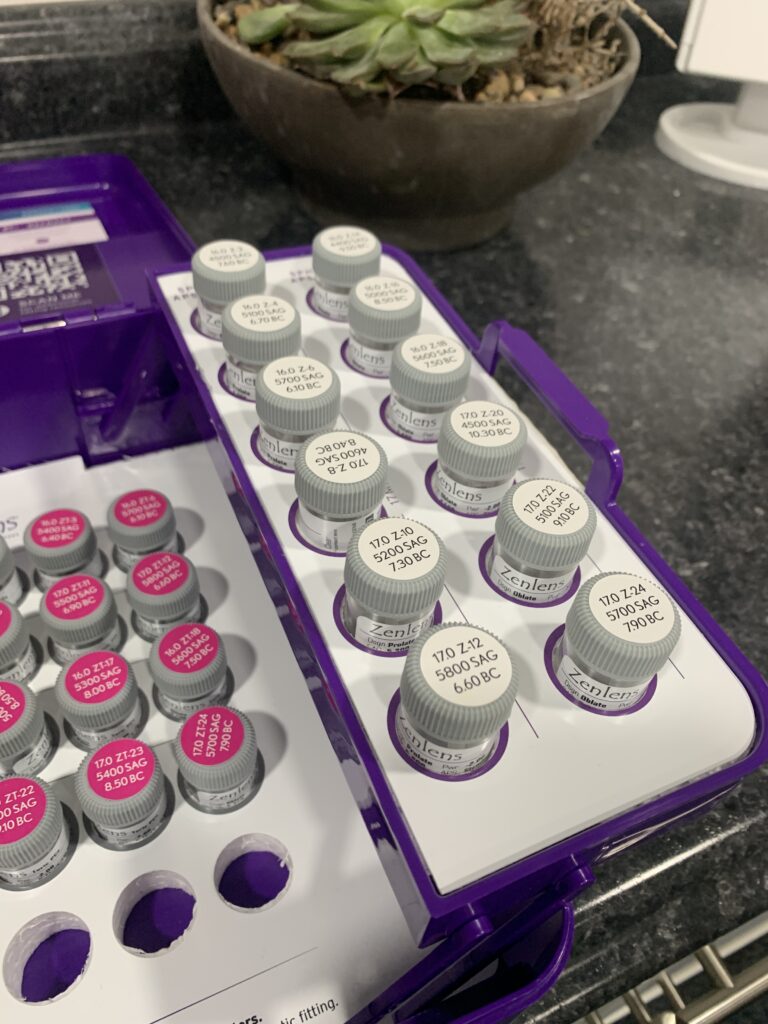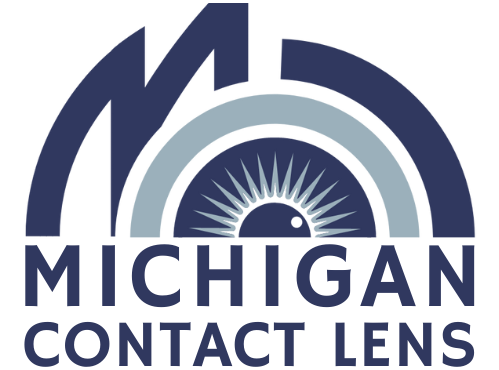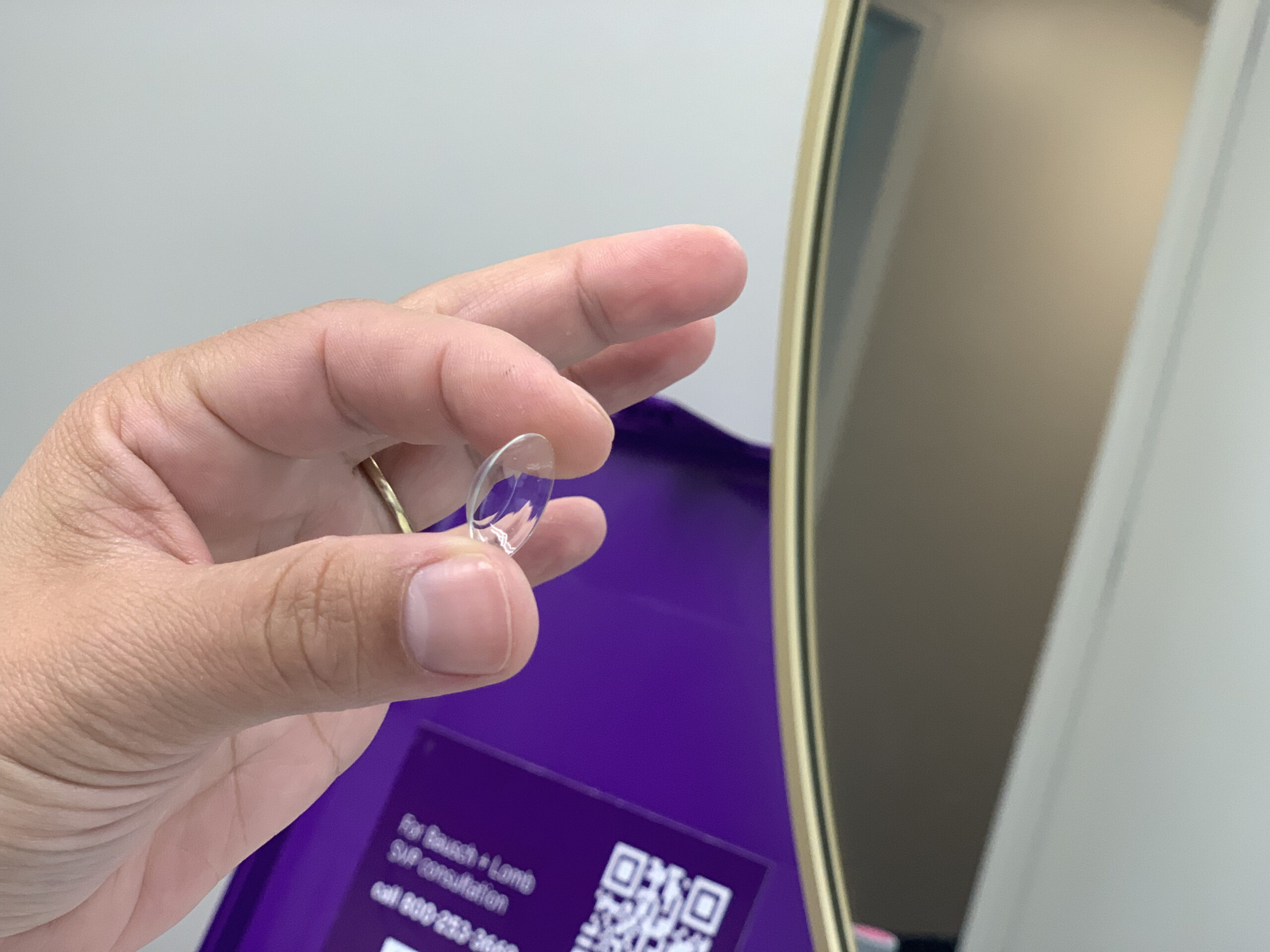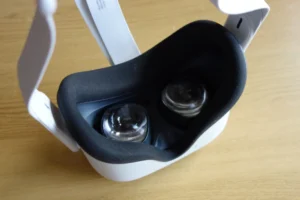Specialty Contact Lenses
Understanding Specialty Contact Lenses
When it comes to vision correction, contact lenses have become an increasingly popular alternative to traditional eyeglasses. While they offer convenience and a natural field of vision, not everyone can benefit from standard soft contact lenses. Individuals with specific eye conditions or vision needs require specialty contact lenses to achieve optimal visual acuity. This is where Michigan Contact Lens excels, specializing in hard-to-fit contact lenses that cater to a wide range of unique vision requirements. In this article, we will explore some of the specialty contact lens options provided by Michigan Contact Lens, including scleral lenses, gas permeable lenses, multifocal lenses, and high astigmatism lenses.
Scleral Lenses
Scleral lenses are one of the most innovative and effective specialty contact lens options available today. These lenses have a much larger diameter than traditional contact lenses and are designed to vault over the entire cornea, resting on the white part of the eye called the sclera. By not touching the cornea directly, scleral lenses offer a remarkable level of comfort for individuals with corneal irregularities, dry eyes, or conditions such as keratoconus. They create a liquid reservoir between the lens and the cornea, which helps to maintain hydration and alleviate discomfort. Additionally, the unique design of scleral lenses corrects irregular corneal shape and provides clearer vision, even for those with high degrees of astigmatism or significant refractive errors.
Gas Permeable Lenses (RGPs)
Gas permeable (GP) lenses, also known as rigid gas permeable (RGP) lenses, are another type of specialty contact lenses provided by Michigan Contact Lens. Unlike traditional soft lenses, GP lenses are made from a rigid, oxygen-permeable material that allows the eyes to breathe and receive adequate oxygen supply. These lenses are highly durable and provide crisp, clear vision, making them an excellent choice for individuals with astigmatism or irregular corneas. GP lenses offer exceptional lens stability, which helps correct vision by neutralizing the effects of astigmatism. They also provide a smooth refractive surface, offering sharper vision and reducing the potential for optical distortions.
Multifocal Contact lenses
Multifocal contact lenses are designed to correct presbyopia, a condition that occurs with age, resulting in the loss of near vision. Presbyopia affects millions of people worldwide, making multifocal lenses an essential specialty contact lens option. Michigan Contact Lens offers several types of multifocal lenses that cater to different individual needs. These lenses have multiple zones, allowing the wearer to see both near and distant objects clearly. Multifocal lenses work by providing different powers in different areas of the lens, enabling individuals to focus on objects at varying distances without the need for reading glasses. With multifocal contact lenses, individuals can enjoy improved visual acuity and independence from both traditional eyeglasses and reading glasses.

High Astigmatism Prescriptions
High astigmatism lenses are specifically designed to correct astigmatism, a common refractive error that causes blurred or distorted vision. Astigmatism occurs when the cornea or lens has an irregular shape, preventing light from focusing properly on the retina. Michigan Contact Lens offers a wide range of high astigmatism lenses that effectively correct this refractive error. These lenses have a toric shape, meaning they have different powers and curvatures in different meridians of the lens. This unique design compensates for the irregularities in the cornea or lens and provides clear and stable vision for individuals with high astigmatism. High astigmatism lenses can be a life-changing solution for those who struggle with blurred or distorted vision caused by this condition.
How Michigan Contact Lens Can Help
Specialty contact lenses have revolutionized the field of vision correction, providing tailored solutions for individuals with specific eye conditions or vision needs. Michigan Contact Lens specializes in hard-to-fit contact lenses, offering a wide range of options to address various challenges. Scleral lenses, gas permeable lenses, multifocal lenses, and high astigmatism lenses are just a few examples of the specialty lenses provided by Michigan Contact Lens. Whether you have corneal irregularities, dry eyes, astigmatism, or presbyopia, there is a specialty contact lens option available to help you achieve optimal visual acuity and improve your quality of life. Consult with an eye care professional to determine which type of specialty contact lens is most suitable for your unique needs.
Specialty Contact Lenses FAQ
Specialty contact lenses are specially designed contact lenses for individuals with certain eye conditions, such as dry eyes, astigmatism, or giant papillary conjunctivitis.
People who have difficulty wearing traditional contact lenses due to conditions such as dry eyes, astigmatism, or giant papillary conjunctivitis may benefit from Specialty contact lenses.
It’s best to consult an eye doctor for a professional evaluation. They can determine if you need Specialty contact lenses based on your specific needs and eye conditions.
There are various types of Specialty contact lenses, including gas permeable lenses, silicone hydrogel lenses, hybrid lenses, and scleral lenses.
The adjustment period may vary for each individual, but it typically takes a few days to a few weeks to get used to Specialty contact lenses.
Comfort can vary for each person and the type of Specialty contact lenses they use. Some individuals may experience discomfort or dryness initially, but this typically improves as they adjust to wearing the lenses.
Yes, you can wear Specialty contact lenses for extended periods, but it’s recommended to follow the recommended wearing schedule as prescribed by your eye doctor.
Yes, Specialty contact lenses are safe to wear when properly prescribed and cared for. It’s important to follow the instructions and guidelines provided by your eye doctor to ensure safe and comfortable use.







